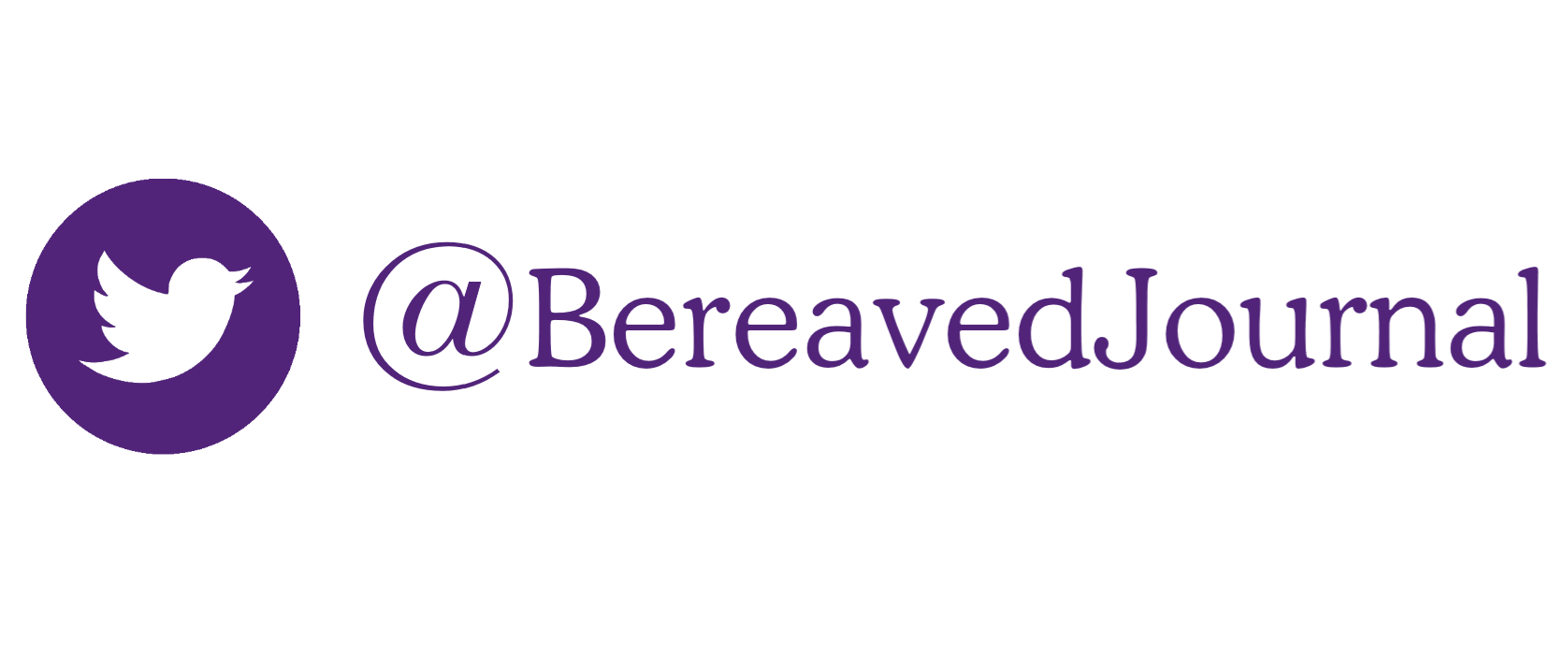Bereavement is an open access peer reviewed journal. Accessible and interdisciplinary, it reaches a range of relevant audiences, including practitioners, volunteers, and students, as well as academics, researchers and all those with an interest in the impact of death on people’s lives
Learn more >>








